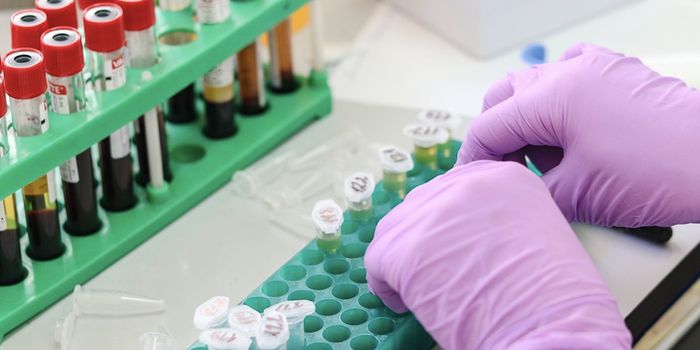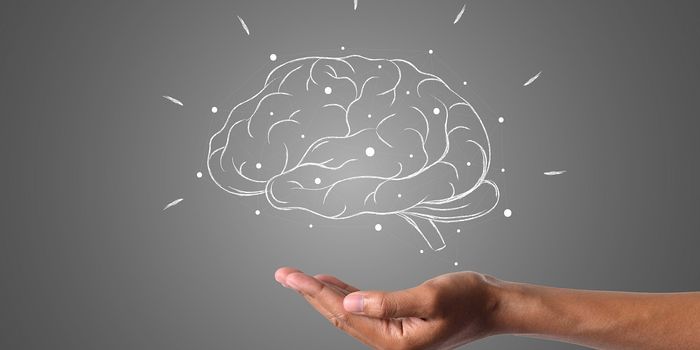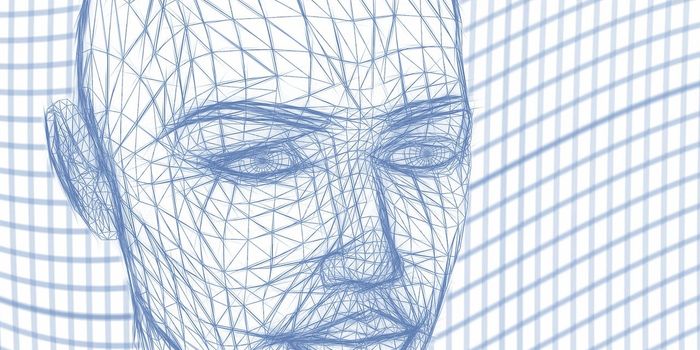A Human Drug Improves the Recall of Lost Memories in Mice
Staying up all night to prepare for an exam may not be much help to students, because memory can be impaired by many things, including sleep deprivation. New research has suggested, however, that the things we learn while we're tired aren't necessarily gone forever, they're just more difficult to remember. Using a mouse model, scientists showed that knowledge that gets hidden because of sleep deprivation can be recovered several days later, especially with the help of an approved medication. This work, which used ontogenetic techniques, has been reported in Current Biology.
The team of Robbert Havekes, an associate professor of the Neuroscience of Memory and Sleep at the University of Groningen, has previously investigated how sleep deprivation impacts memory, and searched for ways to improve memory mechanisms during sleep deprivation. In this study, the scientists wanted to know if the memories created during sleep deprivation were more difficult to recall, or if the information was gone.
The researchers developed a mouse model in which channelrhodopsin, a protein that is sensitive to light, is only produced by neurons that are active while learning is occurring. The scientists were able to shine a light on certain cells to cause the recall of an experience, like neurons in the hippocampus, which are crucial to factual knowledge and spatial information, or locations.
The mice had to learn the location of certain objects, a spatial memory process that requires the activity of hippocampal neurons. Several days later, the mice had to repeat the action, but one of the objects had been moved to a new place. Mice deprived of sleep before their first test could not identify the locaton change that had taken place, suggesting that the original locations had been forgotten.
"However, when we reintroduced them to the task after reactivating the hippocampal neurons that initially stored this information with light, they did successfully remember the original locations," said Havekes. "This shows that the information was stored in the hippocampus during sleep deprivation, but couldn't be retrieved without the stimulation."
The stimulation triggered a molecular pathway that is also a target of the human-approved drug roflumilast, which prescribed to asthma or COPD patients.
Roflumilast improved recall in mice. When the mice were sleep-deprived and trained, but also given roflumilast right before their second test, they were able to remember just as they did when neurons were directly stimulated, said Havekes.
Since roflumilast, a drug that is known to enter the brain, is already approved for human use, it may be useful for improving the recall of lost memories in people as well, the researchers suggested.
"It might be possible to stimulate the memory accessibility in people with age-induced memory problems or early-stage Alzheimer's disease with roflumilast," suggested Havekes. "And maybe we could reactivate specific memories to make them permanently retrievable again, as we successfully did in mice."
Havekes does not want to start investigating these process in humans just yet, however. He has other questions about the biochemical mechanisms underlying these phenomena.
"What makes memories accessible or inaccessible? How does roflumilast restore access to these hidden memories? As always with science, by addressing one question you get many new questions for free," Havekes concluded.
Sources: University of Groningen, Current Biology









